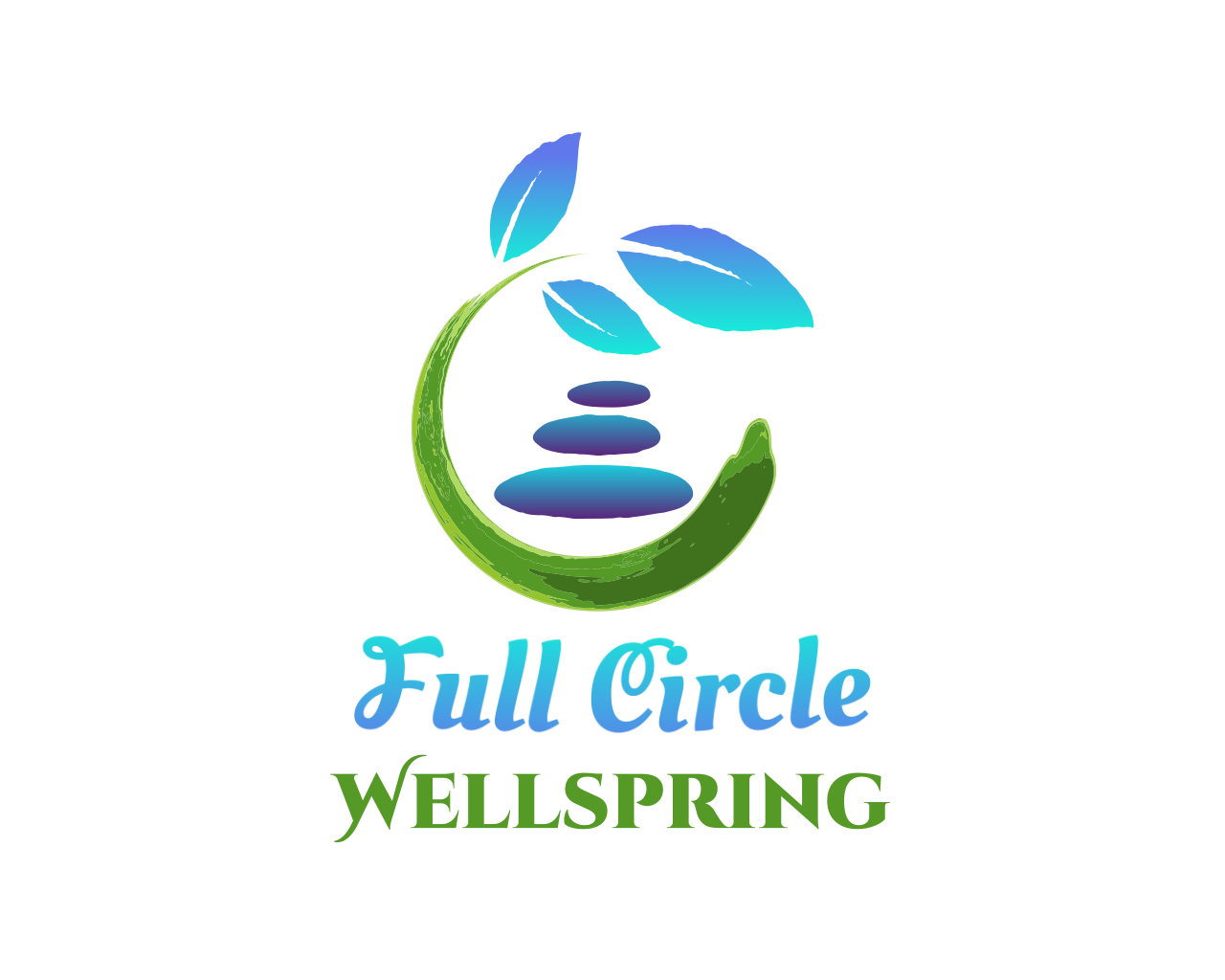Wellspring Wednesdays|Week 14: Nearsightedness
Author Note: If you prefer to listen or watch instead of or along with, check out the YouTube video and/or the Podcast audio.
When it comes to trauma, in the moment, safety and survival is all that matters to your brain. When it comes to trauma recovery, shifts in perspective become of utmost importance. Trauma has many effects. A lot we have talked about in the last weeks, and later this week, we’ll dive into more about what trauma does to the brain. For today’s topic, nearsightedness, I’d like us to think about how trauma distorts our lenses – how we see ourselves, others, and the world as a whole. In terms of eyesight, myopia is caused by an eye shape issue that causes the eyeball to refract light incorrectly. Light rays are supposed to focus on your retina, not bend in front of it. This slight misshapenness changes the entire way that a human’s eyeball is able to see objects far away from it. It may see things fine up close, but looking more broadly causes distortions, blurriness, and inabilities.
Relating this to trauma, as I imagine you know where I’m going, trauma misshapes how we feel and think about many things. We may able to handle well-lit situations, well-understood concepts, black and white ideas, or closely tuned circumstances. However, when life throws us all the nuances, demands us to plan and prepare for future things, or creates a bit of width in front of us with relationships, careers, goals, and lifestyles – these things can become distorted. It is easy to see ourselves in this one color – as if we are wearing the same persona every day. It’s also simpler to just accept that the world is scary, and that people are bad. Trauma taught us that, after all.
However, a lot of healing can be had by creating some distance from your trauma, challenging some of the lies about yourself that your trauma made you believe, and reframing your perception by recognizing that the trauma is over and that you can now choose to live in a different mindset than your trauma brain wants you to be stuck in. With coaching, a lot of what I do for clients is help them see some other options of how they could think about everyday stressors, triggers that occur, relationship patterns they are suffering, and their toxic shame and guilt of themselves. Every bit of insight that you gain about your trauma brain, how to rewire your neuropathways, and those “aha” moments – this is all new data that widens your perspective. When you can start seeing yourself in a way separated from your trauma and to see other people as separate from your abusers, this allows for intra- and interpersonal healing. Reshaping your lens with healing work gives you a fresh and more expansive view of the world around you.
Trauma created a chasm between your trauma self and your authentic self. That chasm was cut with pain and abuse that made you feel unworthy, unloved, and not able to trust yourself or anyone else. The further away you are from your authentic self, the harder it is to see your true self clearly, in focus, and accurately. You begin to identify with your traumatized self, and it starts to feel so familiar that sometimes it’s hard to know it’s not even you. Sometimes the real you on the other side of that chasm is so distant and the chasm so wide that, even when you squint, you just can’t see that self anymore - like a ghost lost in the fog.
Trauma recovery is meant to help you bridge that gap, heal that deformed perspective, clear out those lies so you can begin to change your attitude toward yourself, give you a new point of view so you can reference what happened to you without associating with it anymore. Appropriate distant can’t be measured in days or years or miles or amounts. Distance from your trauma is about creating a landscape of extension, and the recovery is the glasses that correct the warped shape of yourself so that the bend of light can amend. This will allow for clear vision of self, others, and the world. This will create room for precision, improved sight, healthy observations, curiosity, and will remove the blurry film layer that brings confusion over your authentic self.
If you need help along this part of your healing journey, feel free to schedule a 20-minute free consult with me or send me a message if you need resources or have questions. Nearsightedness is a condition of circumstance. It is correctable and manageable. Let’s try on some glasses together and find a good fit for you!

